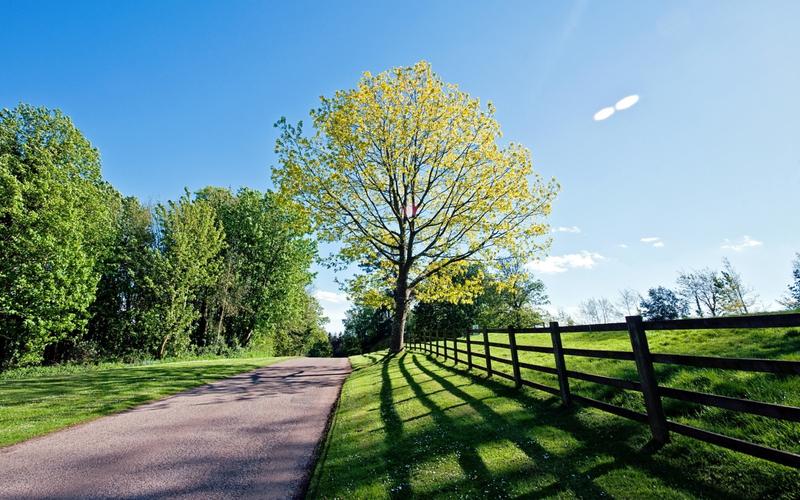The Democratic People’s Republic of Korea (DPRK), more commonly known as North Korea, is a country that has intrigued people around the world for decades. One of the most fascinating aspects of North Korea is its unique cultural norms, which may seem bizarre to outsiders but are deeply ingrained in the country’s history and ideology.
To better understand the intriguing cultural norms of North Korea, it is essential to delve into the country’s history. The Korean peninsula was under Japanese rule from 1910 to 1945, during which time the Koreans suffered from colonial exploitation and oppression. In 1948, Korea was divided into two separate states – North Korea and South Korea – and the Democratic People’s Republic of Korea (DPRK) was established with Kim Il-sung as its leader. The country’s ideology is based on Juche, a self-reliant philosophy, and the cult of personality surrounding the Kim dynasty.
One of the most fascinating cultural norms of North Korea is the strict control it exercises over its population. The government controls all aspects of its citizens’ lives, including their education, employment, housing, and even their daily routines. The regime has created a highly regimented society in which every citizen is expected to behave and think in a particular way. The government also restricts access to outside information by enforcing a ban on foreign media, internet, and mobile phones.
Another unique cultural norm in North Korea is the use of propaganda to shape the citizens’ worldview. The regime uses art, music, and literature to spread its ideology and create a sense of unity among the people. Visually, propaganda art often depicts the leaders, particularly Kim Il-sung and Kim Jong-il, in heroic poses. On the other hand, any depiction of the outside world is often portrayed as a place full of poverty and misery.
North Korea’s reverence for its leaders is another cultural norm that stands out. The Kim family is the subject of extreme adoration and worship, with statues, portraits, and murals displayed throughout the country. Citizens are required to visit these sites and show their allegiance, and any disrespect towards the leaders is considered a severe offense.
The DPRK’s strict dress code is also a unique cultural norm. Men and women are expected to dress conservatively, with traditional Korean clothing and the ubiquitous lapel pins featuring the leader’s images. Western clothing and hairstyles are strictly prohibited, and any deviation could be regarded as a sign of dissent.
In conclusion, North Korea’s cultural norms offer a window into the country’s unique history, ideology, and political system. Its strict control over its people, use of propaganda, reverence for its leaders, and dress code are just a few examples of aspects that separate North Korea from the rest of the world. While it may seem strange to outsiders, for the citizens of North Korea, these norms are an essential part of their daily lives and identity.
(Note: Do you have knowledge or insights to share? Unlock new opportunities and expand your reach by joining our authors team. Click Registration to join us and share your expertise with our readers.)
Speech tips:
Please note that any statements involving politics will not be approved.
